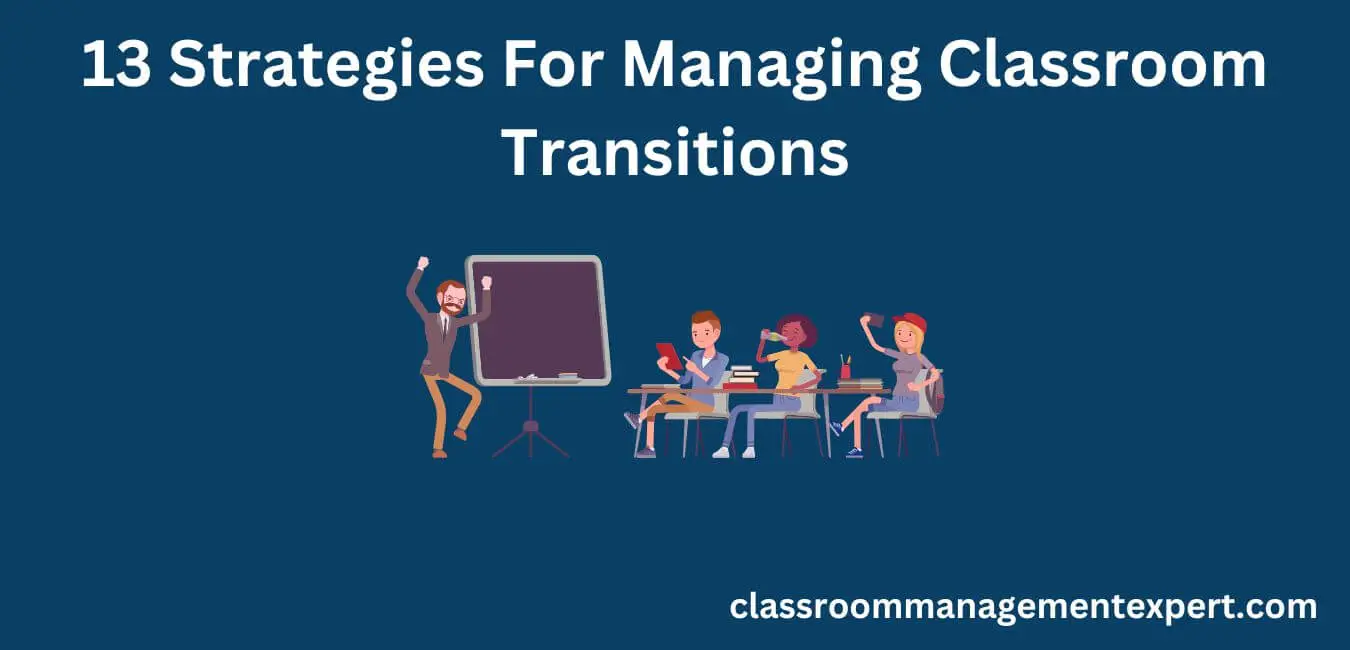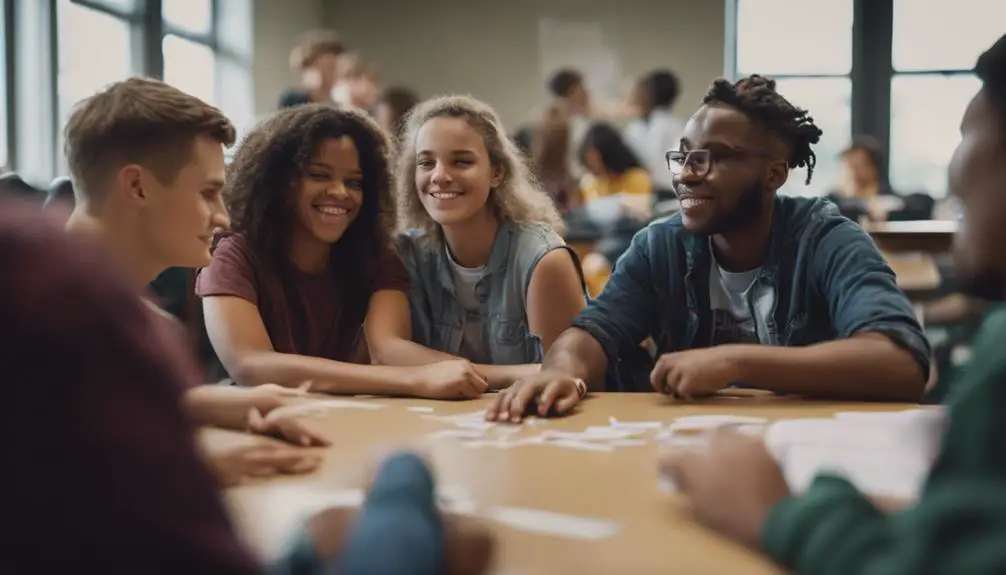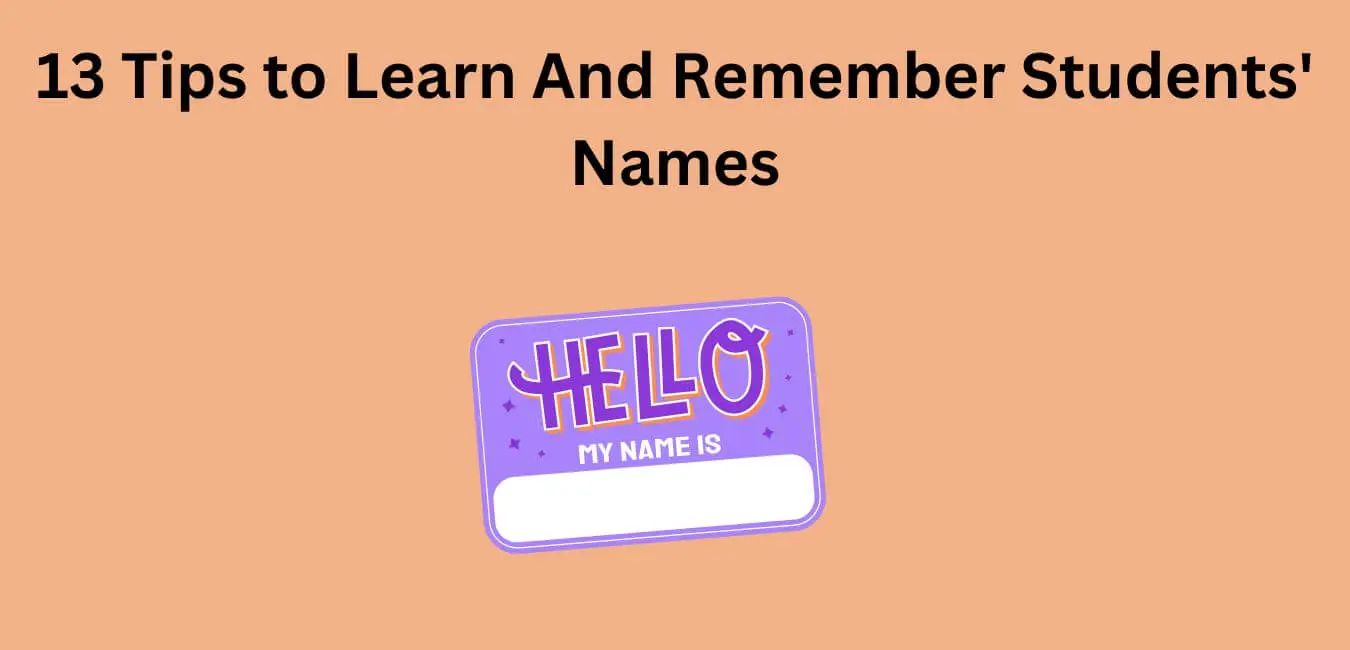Mastering peer mediation for social-emotional learning involves essential strategies like active listening and effective communication to nurture positive relationships among students. Through training that highlights conflict resolution skills and empathy, peer mediators can enhance understanding and facilitate fair resolutions.
Encouraging productive dialogue and handling power dynamics with sensitivity are crucial for successfully navigating challenging mediation situations. By assessing and enhancing mediation outcomes, we ensure continuous growth and celebrate progress.
These 15 strategies for successful peer mediation provide a strong foundation for developing social-emotional skills and fostering a supportive environment for conflict resolution and empathy. More valuable insights are ready to enhance your mediation journey.
Understanding Peer Mediation Basics
Let’s dive into the core principles of peer mediation to help you understand how it fosters conflict resolution among students.
Peer mediation offers a secure and encouraging space for students to peacefully address conflicts. Active listening is a key technique used in this process. As a mediator, my role involves attentive listening to both parties, allowing them to express their feelings and viewpoints openly. Effective communication facilitated by me helps students in conflict to understand each other better, promoting empathy and mutual respect.
Peer mediation also nurtures problem-solving skills in students. Through guided discussions and brainstorming sessions, I help the conflicting parties find solutions that work for both sides. This approach empowers students to take charge of resolving the conflict, promoting a sense of responsibility and accountability.
Ultimately, peer mediation equips students with the necessary tools to handle conflicts constructively and build harmonious relationships within their school community.
Establishing a Peer Mediation Program
To establish a Peer Mediation Program successfully, it’s crucial to consider several key points. Implementing strategies that have been proven effective in similar initiatives can greatly impact the program’s success.
Training procedures for peer mediators should focus on equipping them with the necessary skills to handle conflicts effectively and facilitate productive discussions.
Monitoring the program’s effectiveness is essential to identify areas for improvement and ensure that the intended outcomes are being achieved.
These steps are vital for creating a robust peer mediation program that fosters social-emotional learning and conflict resolution skills among students.
Program Implementation Strategies
Establishing a successful peer mediation initiative demands careful planning and collaboration among school community members. To ensure a seamless implementation process, consider the following strategies:
- Clearly Defined Goals:
Outline the program’s objectives, focusing on promoting conflict resolution skills, nurturing empathy, and cultivating a positive school environment.
- Engage All Stakeholders:
Encourage participation from teachers, administrators, students, and parents during the planning and execution phases to build support and foster a sense of ownership.
- Training and Support:
Offer comprehensive training for peer mediators, arming them with effective communication and mediation techniques. Ensure access to resources like mediation scripts and guidelines.
- Continuous Program Assessment:
Regularly evaluate the program’s impact through feedback from participants, observations, and data analysis. Use this feedback to drive ongoing improvements and enhancements for a more significant program impact.
Training Peer Mediators
When training peer mediators for a peer mediation program, it’s crucial to offer in-depth guidance on effective communication and conflict resolution techniques.
Role-playing exercises can help peer mediators grasp different perspectives and practice active listening skills.
Peer support groups provide a safe environment for mediators to tackle challenging cases and seek advice from their peers.
Conflict resolution simulations allow mediators to immerse themselves in realistic scenarios and apply their skills in a controlled setting.
Through mediation practice sessions, peer mediators can hone their techniques and build confidence in facilitating discussions.
Providing these varied training methods can enhance the overall effectiveness of peer mediators in handling conflicts.
Monitoring Program Effectiveness
To assess the effectiveness of our peer mediation program, it’s crucial to track and analyze key performance indicators. Here are some strategies to help evaluate the program’s success:
Regularly analyzing data from mediation sessions can offer valuable insights into the types of conflicts resolved and the satisfaction levels of participants.
Gathering feedback from both mediators and participants is essential to understanding their perspectives on the program’s effectiveness and areas for improvement.
Periodic surveys can be conducted to evaluate overall satisfaction with the program and its impact on the school community, providing valuable insights for program enhancement.
Monitoring long-term outcomes, such as a reduction in disciplinary incidents or improved relationships among students resulting from mediated conflicts, can help gauge the program’s overall success.
Training Peer Mediators Effectively
Effective training for peer mediators involves providing them with comprehensive skills in communication, conflict resolution, and impartial decision-making. When selecting peer mediators, look for individuals who exhibit empathy, patience, and a dedication to assisting others. To equip them with the necessary tools, training sessions should encompass conflict resolution techniques, mediation role-playing scenarios, and ample practice to enhance communication skills.
Encourage peer mediators during mediation role-playing exercises to practice active listening, empathy, and neutrality. These simulations can aid in building their confidence in managing real-life conflicts effectively. Moreover, offering constructive feedback after each role-play session can help refine their mediation skills further.
Practice in communication skills is crucial for peer mediators to navigate sensitive conversations with empathy and understanding. Engaging in activities focusing on effective communication, such as active listening exercises and non-verbal communication workshops, can strengthen peer mediators’ ability to facilitate constructive dialogues and achieve mutually beneficial resolutions.
Cultivating Active Listening Skills
Let’s delve into the significance of active listening and the value of practicing reflective responses.
Peer mediators who focus on honing these skills can establish a supportive environment where individuals feel genuinely heard and understood. These abilities play a crucial role in facilitating effective communication and fostering positive outcomes in conflict resolution.
It’s like building a bridge between people’s thoughts and feelings, paving the way for constructive dialogue and mutual understanding.
Importance of Listening
Developing active listening skills is crucial for effective peer mediation in fostering social-emotional learning. Active listening and empathy training serve as foundational components that empower mediators to truly grasp the perspectives and emotions of those involved.
Let’s delve into why honing active listening skills is vital for successful peer mediation:
- Building Trust: Through attentive listening without judgment, trust is nurtured, establishing a secure environment for open communication.
- Enhancing Understanding: Active listening enables a profound comprehension of the underlying emotions and motivations driving each individual’s behavior.
- Encouraging Respect: When mediators actively listen, it showcases respect for the sentiments and experiences of all parties engaged in the mediation process.
- Promoting Collaboration: By exploring active listening, mediators can facilitate collaborative problem-solving and aid parties in working together towards a mutually beneficial resolution.
In peer mediation, the ability to truly listen and understand lays the groundwork for constructive dialogue and sustainable conflict resolution.
Practice Reflective Responses
To enhance active listening abilities, incorporating reflective responses plays a crucial role in peer mediation to improve understanding and nurture empathy. Reflective listening entails echoing the speaker’s words to demonstrate genuine attentiveness and effort to grasp their point of view. This approach not only showcases emotional intelligence but also prompts the speaker to delve deeper into their thoughts and emotions.
Empathy lies at the core of using reflective responses, as it reassures the speaker that their feelings are valid and valued. By reflecting their words, you validate their experience and establish a safe environment for open dialogue. In peer mediation, this skill is indispensable for resolving conflicts, fostering a sense of being heard and respected by all parties involved.
Practicing reflective responses not only enhances our listening skills but also cultivates a supportive atmosphere for individuals seeking assistance. By refining this skill, we can better understand others’ emotions and viewpoints, ultimately building stronger connections and achieving more effective resolutions in peer mediation scenarios.
Promoting Empathy and Understanding
Promoting empathy and understanding through peer mediation is crucial for fostering positive relationships and effectively resolving conflicts. To achieve this, we can encourage perspective taking, practice active listening, validate emotions, and foster empathy.
When individuals engage in perspective taking, they can see situations from another person’s viewpoint, promoting empathy and understanding of different opinions. Active listening, without judgment, demonstrates respect and validates others’ feelings, leading to deeper connections. Validating emotions expressed by each party helps them feel heard and understood, facilitating effective communication.
Encouraging participants to put themselves in each other’s shoes fosters compassion and empathy, ultimately resulting in more meaningful resolutions and stronger relationships. These strategies create a supportive and harmonious environment where individuals can navigate conflicts with empathy and understanding.
Encouraging Impartiality and Neutrality
Impartiality in mediation is a cornerstone of ensuring fairness and equality among all parties involved. Creating a neutral environment where individuals feel heard and respected is crucial for a successful mediation process.
This emphasis on impartiality and neutrality paves the way for effective conflict resolution and instills trust in the mediation proceedings.
Value Impartiality in Mediation
Encouraging impartiality and neutrality holds significant importance in peer mediation to ensure a fair and unbiased resolution of conflicts. To achieve this, we focus on the following key elements:
- Impartiality Training: Providing thorough training on the principles of impartiality helps peer mediators understand the importance of remaining neutral and unbiased throughout the mediation process.
- Maintaining Mediator Neutrality: Emphasizing the mediator’s role as a neutral party enables them to facilitate discussions without showing favoritism or taking sides, fostering a balanced and equitable resolution.
- Emphasis on Fairness: Keeping the spotlight on fairness ensures that all parties involved in the mediation feel heard, respected, and valued, leading to a more just outcome.
- Adopting an Unbiased Approach: Encouraging an unbiased approach involves setting aside personal opinions and judgments to assess the situation objectively, resulting in resolutions that are fair and just for all involved parties.
Foster Neutral Mediation Environment
Imagine yourself in a situation where you need to mediate a conflict between peers. Your main objective is to ensure that both parties feel listened to and respected throughout the process. To achieve this, it’s crucial to establish a safe and supportive space where individuals can freely express their thoughts and emotions without fear of criticism.
One key element in fostering a neutral mediation environment is building trust. By actively listening to each person’s point of view and showing empathy and understanding, you can lay the groundwork for trust, which is essential for effective conflict resolution. Additionally, promoting inclusivity by recognizing and honoring the diverse backgrounds and experiences of all participants is vital for creating a welcoming and inclusive atmosphere.
Let’s dive deeper into the importance of nurturing a neutral mediation environment. By creating a setting where everyone feels valued and heard, you can facilitate fair and unbiased conflict resolution. This involves establishing trust through active listening and empathy, as well as promoting inclusivity and respect for individual differences.
Through these efforts, you can help ensure that the mediation process is conducted in a supportive and neutral manner, ultimately leading to a more successful resolution of conflicts.
Facilitating Constructive Communication
To foster effective communication during peer mediation sessions, honing active listening skills is key. Creating a safe and respectful space where all participants feel heard and valued is essential for resolving conflicts and offering support.
Here are some strategies to promote constructive communication:
- Show Empathy: Demonstrate empathy towards each individual involved in the conflict, acknowledging their perspectives and emotions without passing judgment.
- Encourage Open Conversation: Cultivate an environment where open and honest dialogue is welcomed, allowing all parties to freely express their thoughts and feelings.
- Clarify Misunderstandings: Assist in clearing up any misunderstandings that may arise during the discussion to ensure mutual understanding.
- Emphasize Positive Communication: Advocate for the use of positive and solution-oriented language during the mediation process, focusing on resolutions rather than dwelling on the issues at hand.
These approaches can pave the way for constructive communication and help in reaching mutually beneficial outcomes in peer mediation sessions.
Implementing Conflict Resolution Strategies
Incorporating structured mediation techniques enhances the effectiveness of conflict resolution strategies during peer mediation sessions. When addressing conflicts, utilizing specific conflict resolution methods is essential.
Introducing peer support in the mediation process empowers individuals and promotes a collaborative approach to resolving disputes. Mediation skills are vital in guiding participants towards finding mutually beneficial solutions. Through active listening, empathy, and effective communication, mediators can assist parties in navigating disagreements with respect and understanding.
Emotional intelligence plays a significant role in conflict resolution. Managing emotions and understanding them during mediation sessions can lead to more favorable outcomes. Encouraging individuals to express their feelings openly and constructively can prevent misunderstandings and foster empathy between conflicting parties. By emphasizing emotional intelligence, mediators can establish a safe environment for honest communication and efficient problem-solving.
The inclusion of conflict resolution techniques, peer support, mediation skills, and emotional intelligence enhances the overall success of peer mediation sessions, cultivating a culture of cooperation and mutual understanding.
Providing Ongoing Support and Supervision
Regular monitoring sessions are conducted to track the progress of peer mediators, ensuring their development in conflict resolution skills.
Continuous training opportunities are provided to enhance their abilities in handling conflicts effectively.
Structured feedback mechanisms are in place to offer support and guidance for their ongoing improvement in the mediation process.
This consistent support and supervision play a crucial role in empowering peer mediators to succeed in their roles and contribute positively to resolving conflicts within the community.
Regular Monitoring Sessions
Regularly monitoring peer mediation sessions is crucial for ensuring the success of the program. Here are four key strategies to make monitoring sessions more effective and beneficial:
- Tracking Progress: Keeping detailed records of mediation sessions helps in identifying patterns, recurring issues, and monitoring the participants’ development over time.
- Feedback Opportunities: Conducting regular feedback sessions with mediators provides constructive criticism, highlights their strengths, and offers guidance for improvement, supporting their growth in the role.
- Individual Support: Offering one-on-one check-ins with mediators addresses personal concerns, provides guidance, and ensures their well-being during the mediation process.
- Group Collaboration: Encouraging group discussions among mediators creates a supportive space for sharing experiences, learning from each other, and brainstorming solutions to common challenges.
Monitoring sessions not only enhance the quality of peer mediation but also foster a culture of continuous improvement and support within the program.
Continuous Training Opportunities
Picture yourself in front of a mirror, reflecting on your growth as a peer mediator through continuous training opportunities. Peer mentorship is key, offering guidance based on real-life experiences to support your development.
Skill development workshops provide effective techniques for resolving conflicts and managing various scenarios. By exploring these workshops, you delve into enhancing your abilities and expanding your communication and teamwork skills.
Additionally, interactive sessions create a supportive environment for learning and development, fostering a sense of camaraderie among peer mediators.
Let’s explore how these opportunities can empower you to excel in your role and make a positive impact within your school community.
Structured Feedback Mechanisms
Engaging in structured feedback mechanisms ensures continuous support and supervision for peer mediators, enhancing their effectiveness in conflict resolution and fostering positive interactions. Constructive feedback offers valuable insights for improvement and growth, enabling peer mediators to continuously enhance their skills and approach when assisting others in resolving conflicts.
Here are four essential elements to consider when implementing structured feedback mechanisms:
- Feedback Analysis: Regularly analyze feedback from peers, supervisors, and participants to identify patterns, strengths, and areas for improvement. This analysis helps tailor further training and support to effectively address specific needs.
- Structured Evaluation: Develop a systematic evaluation process with clear criteria for assessing peer mediators’ performance. Structured evaluations provide a roadmap for tracking progress and setting goals for ongoing improvement.
- Supportive Guidance: Provide personalized guidance and mentorship to peer mediators based on feedback and evaluations. Offering individualized support ensures that mediators feel empowered and equipped to successfully handle diverse conflict situations.
- Open Communication: Foster a culture of open communication where peer mediators can freely discuss challenges, seek advice, and share experiences with each other. Encouraging dialogue helps build a collaborative and supportive community of mediators dedicated to effective service delivery.
Fostering a Positive School Climate
Establishing an inclusive and inviting atmosphere is crucial for cultivating a positive school climate where students feel secure and encouraged in their social-emotional development. Positive reinforcement is a key factor in nurturing a harmonious environment within the school community. Recognizing and celebrating the accomplishments of students, regardless of size, helps foster a culture of support and positivity.
Building trust is another essential element in creating a favorable school climate. When students believe in the reliability of their peers and teachers, they’re more likely to actively participate in their social-emotional learning journey.
In my experience, I’ve observed that simple acts of kindness and words of encouragement can significantly impact the school climate. By actively listening to students, showing empathy towards their experiences, and consistently demonstrating care and support, we can establish a nurturing environment where everyone feels valued and respected. Through intentional actions like these, we can lay the groundwork for a school community where social-emotional growth thrives, and students flourish.
Recognizing and Managing Emotions
Understanding and managing emotions are crucial for creating a positive school environment that supports social-emotional growth. Emotion regulation and self-awareness are essential skills in this process.
Here are some strategies to help individuals navigate their emotions effectively:
- Practice Mindfulness: Encourage individuals to be fully present in the moment and acknowledge their feelings without judgment.
- Expand Emotional Vocabulary: Assist individuals in expressing and identifying their emotions to enhance comprehension and communication.
- Develop Coping Mechanisms: Teach healthy ways to handle stress and cope with difficult emotions through methods like deep breathing or journaling.
- Strengthen Emotional Intelligence: Foster empathy and understanding towards others’ emotions, cultivating a more supportive and empathetic atmosphere.
Addressing Power Dynamics Sensitively
Navigating power dynamics in a school setting calls for a delicate understanding of relationships and effective communication techniques. Acknowledging the varying levels of influence and authority among individuals participating in a mediation session is key. It’s essential to establish a safe, inclusive space where everyone feels valued and respected.
Building trust is crucial in managing power dynamics during peer mediation. Encouraging open conversations and attentive listening can help create a level playing field, ensuring that all perspectives are equally important.
As a peer mediator, my role is to guide discussions fairly, empowering each person to freely share their thoughts.
Handling Challenging Mediation Scenarios
Navigating challenging mediation scenarios requires quick thinking and a calm approach to foster constructive dialogue and resolution. When confronted with tough situations, employing specific strategies can be instrumental:
Engaging in role-playing exercises can enhance a mediator’s understanding of diverse perspectives and help them practice managing intense emotions in a controlled environment.
Acknowledging and validating the emotions of all participants in the mediation process is crucial. Creating a safe space for emotional expression can pave the way for more open and honest discussions.
Building trust is a cornerstone of successful mediation. Demonstrating empathy, active listening, and ensuring confidentiality can establish a secure environment where participants feel valued and heard.
Utilizing conflict resolution skills, such as reframing discussions, summarizing key points, and guiding conversations towards mutually beneficial solutions, can greatly improve the mediation process and lead to more positive outcomes. Strengthening these skills is key to effectively managing challenging mediation scenarios.
Evaluating and Improving Mediation Outcomes
To assess and enhance the effectiveness of peer mediation, it’s crucial to conduct thorough evaluations and improve mediation outcomes. Evaluating the success indicators like the satisfaction levels of the participants, the long-term resolution of conflicts, and the improvement in communication between the parties involved allows us to identify areas for enhancement.
Implementing strategies to improve our mediation processes is essential for continuous refinement. Encouraging active listening, empathy, and neutrality among the mediators can significantly impact the outcomes of the mediation sessions. Providing consistent training and support for the mediators ensures they possess the necessary skills to effectively manage different conflicts.
Gathering feedback regularly from the participants helps us tailor our approach to better meet their needs. Adapting our mediation techniques based on this feedback creates an environment where conflicts are resolved constructively, and relationships are positively restored.
Celebrating Successes and Progress
I’ve noticed some impressive achievements and advancements in our peer mediation program that truly stand out. It’s crucial to celebrate these successes and track our progress to maintain motivation and keep moving forward.
Reflecting on what we’ve accomplished and setting new goals will help us continue to grow and enhance our program for the benefit of everyone involved.
Here are some ways we can celebrate our successes and progress:
- Acknowledgment Event: Plan a ceremony to recognize the hard work and commitment of our peer mediators, highlighting their specific achievements and significant milestones.
- Progress Updates: Regularly share feedback on how the program is advancing, showcasing the improvements made and identifying areas that still require attention.
- Goal-Setting Workshops: Involve mediators in setting new goals based on past successes, encouraging a sense of purpose and providing clear direction for the future.
- Community Recognition: Engage the broader community in acknowledging the positive impact of peer mediation, emphasizing the importance of this work in fostering harmony and understanding among individuals.
Conclusion
Reflecting on the profound impact of peer mediation on social-emotional learning fills me with hope for the future.
Through commitment, training, and a deep focus on empathy, peer mediators have the power to truly transform conflicts and nurture positive relationships.
While the path may present challenges, the rewards of success are truly invaluable.
Let’s empower our youth to thrive through peer mediation, one mediation at a time.



















